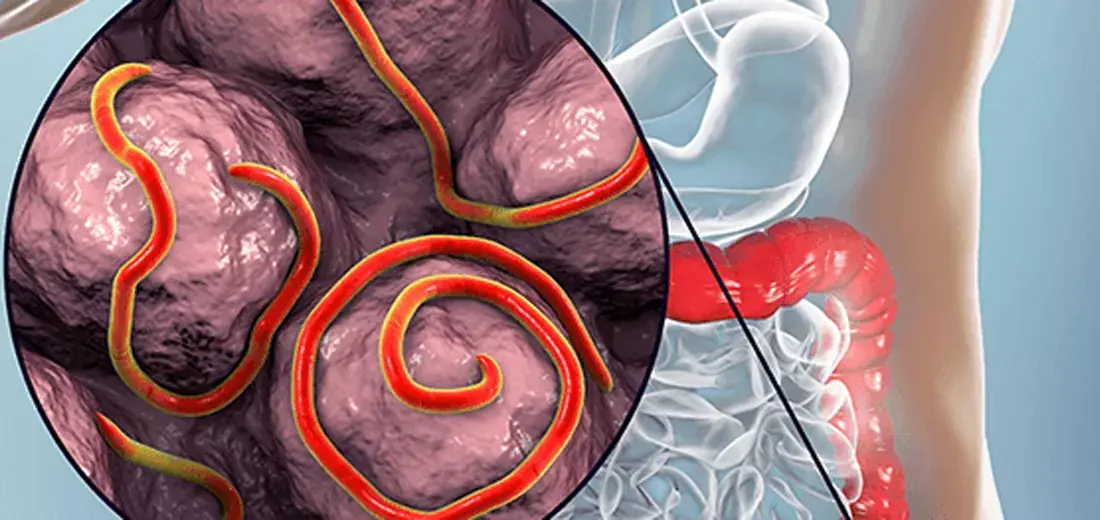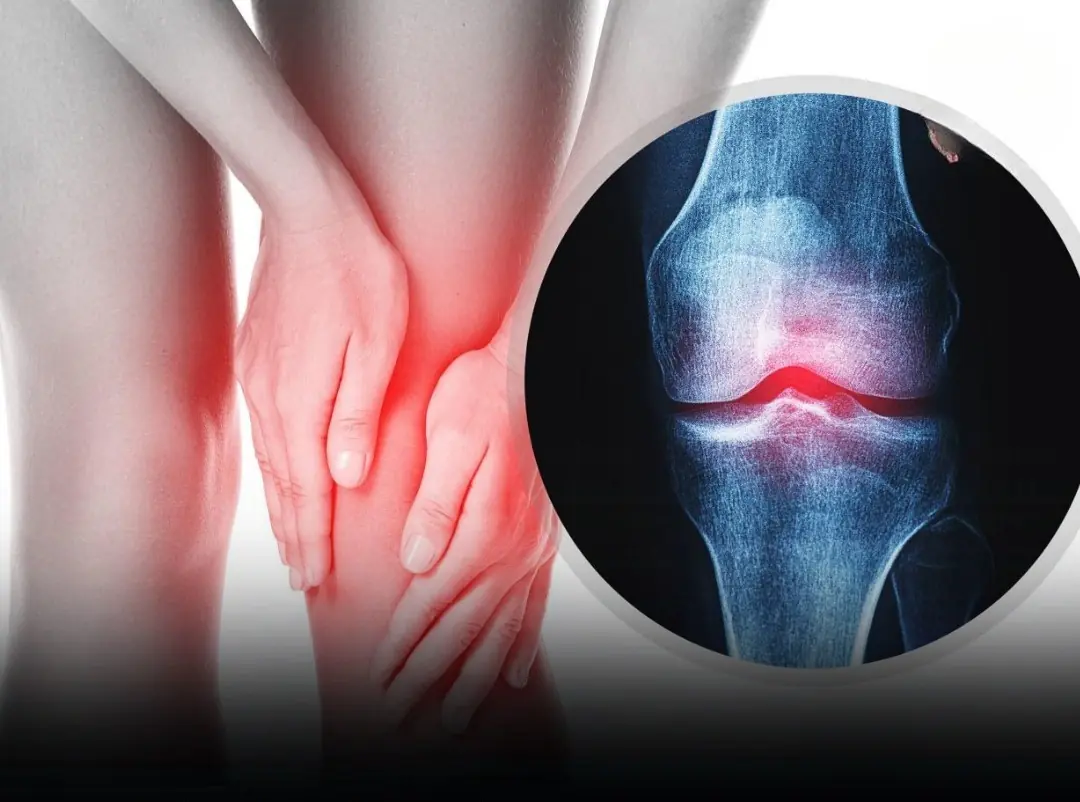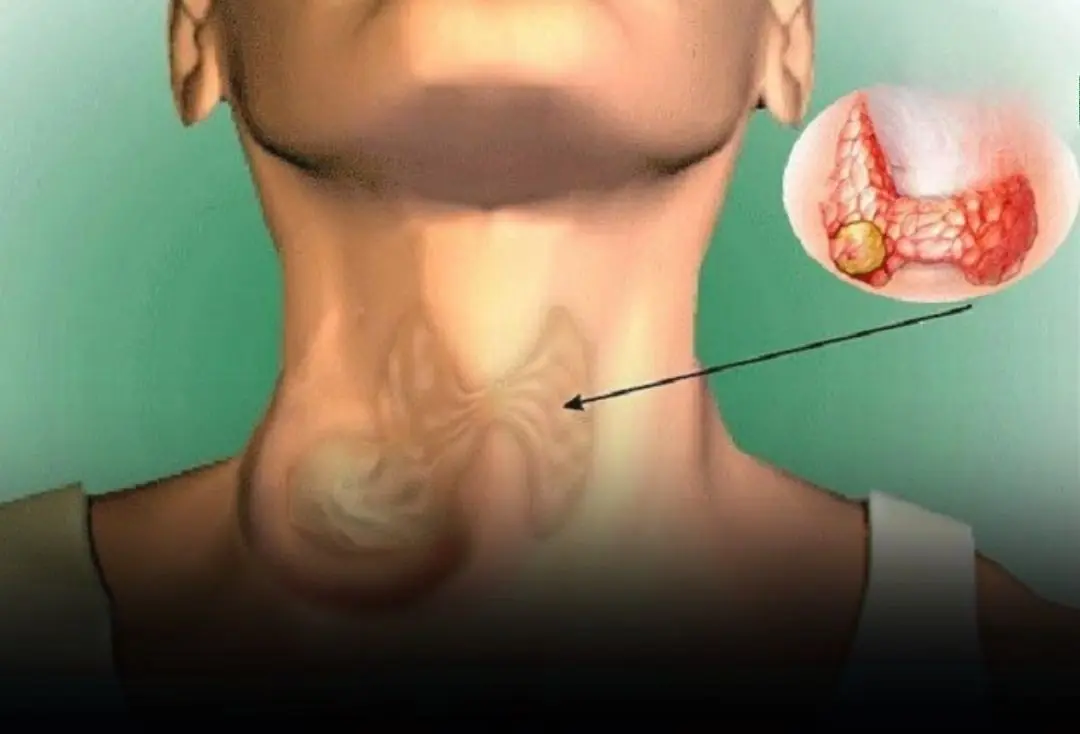
How to Clear Your Sinuses Instantly Using Just Your Finger
Sinus pressure driving you crazy? Try this easy method right now.
At Bai Chay Hospital (Quang Ninh), patient Nguyen T X (66 years old, residing in Kinh Mon Town, Hai Duong Province) underwent computed tomography (CT) scanning. The results showed an intrauterine device (IUD) displaced within the pelvic cavity, with approximately one-third of its length embedded in the uterine muscle and two-thirds located within the pelvic cavity adjacent to a loop of the small intestine, along with free fluid and gas in the abdominal cavity. The Obstetrics and Surgery departments conducted a multidisciplinary consultation and diagnosed peritonitis caused by small bowel perforation due to the displaced IUD within the abdominal cavity.
The doctors performed emergency surgery to address the patient’s injuries. During the operation, a dirty abdominal cavity was observed containing turbid fluid and food debris. The anterior surface of the uterine body contained an IUD shaped like a figure-eight (one-third embedded in the uterine muscle and two-thirds outside the uterus). A loop of the small intestine adjacent to the uterine body had a transverse rupture approximately 2 cm in size, with digestive contents leaking. After 24 hours, surgery was performed to remove the IUD from the uterine muscle, repair the uterine muscle, suture the small bowel perforation, control bleeding, wash the abdominal cavity, and place a drainage tube. The patient’s condition stabilized and is being closely monitored during recovery.
Dr. Nguyen Thanh Hung, Specialist Level I of the Surgery Department at Bai Chay Hospital, stated that in this patient’s case, the intrauterine device (IUD) had been inserted for many years without regular check-ups. As a result, it was not detected that the IUD had deeply embedded into the uterine muscle and perforated through it into the abdominal cavity, causing small bowel perforation and peritonitis. Timely surgical removal of the foreign body—the IUD—helped the patient avoid life-threatening complications such as generalized peritonitis, septic shock, and abdominal sepsis.
Most women choose IUDs for contraception because of their long-lasting effect, simple insertion procedure, minimal harm to the body, and low cost. Dr. To Thi Kim Quy, Head of the Obstetrics and Gynecology Department at Bai Chay Hospital, explained: “Some cases may experience complications after IUD insertion, such as severe lower abdominal pain, prolonged vaginal bleeding, pelvic inflammatory disease, ectopic pregnancy, and especially displaced IUDs.
Due to the natural contractions of the uterus, the IUD can migrate from its initial placement. It may be expelled through the cervix or move upward, perforating the uterine muscle. In a small percentage of cases, after perforating the uterus, the IUD can freely fall into the abdominal cavity or lie within the pelvis. It can penetrate and perforate the small intestine, colon, or rectum causing peritonitis, infection, and abdominal sepsis; it may also embed in the mesentery or greater omentum; or penetrate the bladder or ureter causing hematuria and recurrent urinary tract infections.”
The symptoms of a displaced IUD are diverse, depending on the duration and the organ to which the device migrates. Clinical symptoms may include lower abdominal pain, fever, diarrhea, or gastrointestinal bleeding. Some cases may present with bowel obstruction or intestinal necrosis. When the ureter or bladder is involved, symptoms such as difficulty urinating, frequent urination, hematuria, and recurrent urinary tract infections may occur. Although displaced IUDs are rare, their complications and consequences can be severe and life-threatening. To minimize such adverse events, doctors recommend:
People should visit reputable healthcare facilities for IUD insertion procedures and undergo regular check-ups as directed by healthcare staff.
For those using IUDs as contraception, periodic examinations every six months are advised, and immediate consultation is necessary if experiencing abnormalities such as lower abdominal pain, pain in the pelvic areas, or abnormal vaginal discharge.

Sinus pressure driving you crazy? Try this easy method right now.

Before you try med.icine, add these 7 foods to your diet.

Carrot juice is a simple way to nourish your skin and support visual health

6 conditions that require caution when consuming eggs

The Surprising First Sign the Body May Give at the End of Life

Don’t ignore this — signs your lump needs urgent medical attention.

A Guide to Foods That Should Not Be Stored in the Refrigerator

Why does eating sometimes trigger the need to use the bathroom?

What Your Body Might Be Telling You About Bladder Cancer

5 yogurt habits you might not know can impact your health

Even healthy foods can pose risks when overconsumed.

The health advantages and home remedies associated with Japanese honeysuckle

Why These 8 Foods Can Become Unsafe Despite Being in the Fridge

As a doctor, I beg you, never eat this nut. It can cause dementia

The Hidden Meaning Behind 5 Unusual Bowel Symptoms

When a Wrist Lump May Signal a Serious Underlying Condition

These 6 Common Foods Slowly Strip Your Body of Calcium — Stop Eating Them Before Your Bones Suffer!

These 2 Supplements Might Be Accelerating Thyroid Canc.er Without You Knowing

8 Key Signs That Signal a Potential Problem

Stop boiling chicken with just salt and water.

How to fix moldy, peeling, and flaking wall paint.

Sinus pressure driving you crazy? Try this easy method right now.

Before you try med.icine, add these 7 foods to your diet.

What men are really attracted to — and it’s not what you think. 👀

Most people use vinegar wrong — here’s how to do it right for laundry!

Carrot juice is a simple way to nourish your skin and support visual health

6 conditions that require caution when consuming eggs

The Surprising First Sign the Body May Give at the End of Life

Don’t ignore this — signs your lump needs urgent medical attention.

A Guide to Foods That Should Not Be Stored in the Refrigerator

Why does eating sometimes trigger the need to use the bathroom?

Are Your Nails Hiding a Health Secret? 3 Signs to Know

What Your Body Might Be Telling You About Bladder Cancer

5 yogurt habits you might not know can impact your health

Even healthy foods can pose risks when overconsumed.

The health advantages and home remedies associated with Japanese honeysuckle

Why These 8 Foods Can Become Unsafe Despite Being in the Fridge

As a doctor, I beg you, never eat this nut. It can cause dementia

4 useful benefits of placing an onion in a room corner